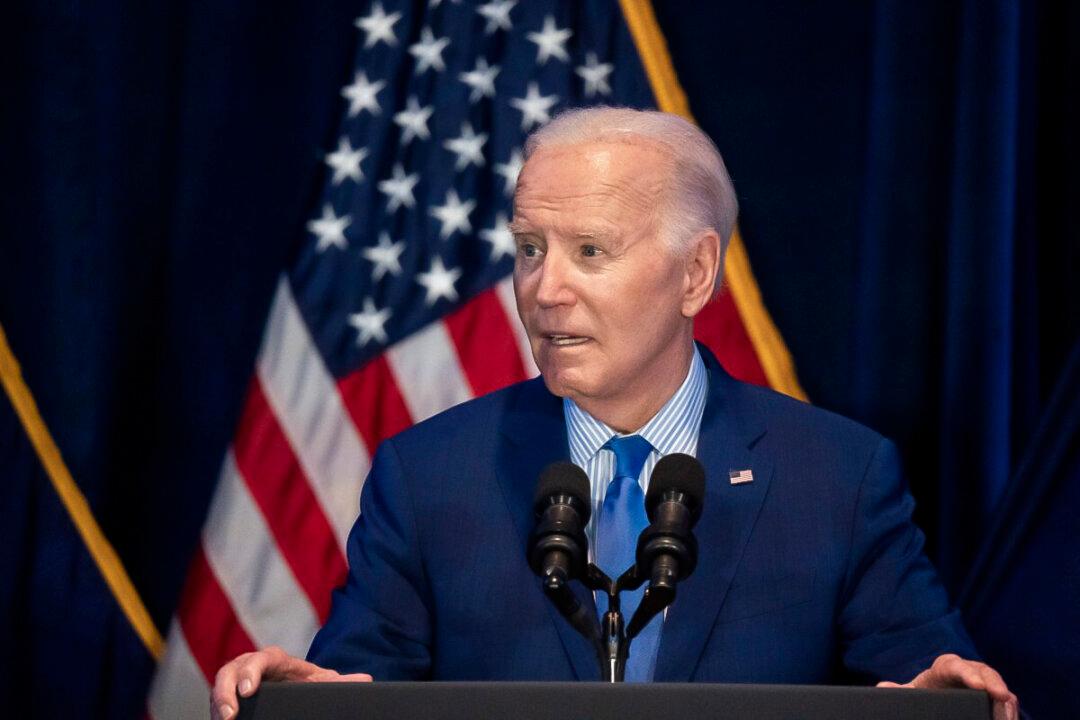President Joe Biden issued a new executive order on Feb. 1 directing sanctions against Israeli settlers accused of fomenting violence and intimidation against Palestinians in the West Bank.
“I have issued an Executive Order declaring a national emergency to deal with the threat posed by the situation in the West Bank, including in particular high levels of extremist settler violence, forced displacement of people and villages, and property destruction,” President Biden said in a statement formally notifying Congress of his executive order.





